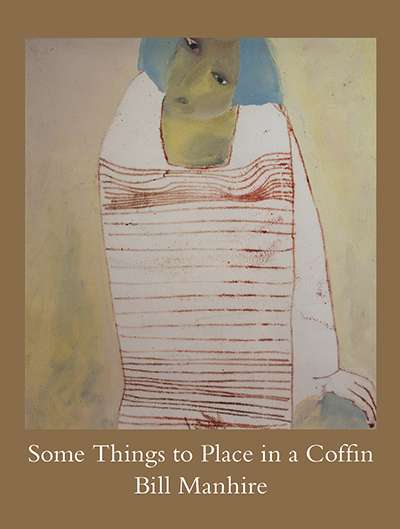Accessibility Tools
- Content scaling 100%
- Font size 100%
- Line height 100%
- Letter spacing 100%
Bill Manhire
The ABR Podcast
Released every Thursday, the ABR podcast features our finest reviews, poetry, fiction, interviews, and commentary.
Subscribe via iTunes, Stitcher, Google, or Spotify, or search for ‘The ABR Podcast’ on your favourite podcast app.
The red thread: Xi Jinping’s ideology of power
by Neil Thomas
This week on The ABR Podcast, Neil Thomas reviews On Xi Jinping: How Xi’s Marxist Nationalism is shaping China and the world by Kevin Rudd. Thomas explains that even China watchers find it hard to be clear on the thoughts and plans of the leader of the Chinese Communist Party. They disagree, he tells us, on basic, critical questions, such as for how long Xi will rule. ‘Enter Kevin Rudd’, Thomas writes. ‘In his latest book, former prime minister Kevin Rudd adds a worthy new chapter to his life of public service, digesting thousands of pages of “Xi Jinping Thought” so that you do not have to’. Neil Thomas is a Fellow on Chinese Politics at Asia Society Policy Institute’s Center for China Analysis in Washington DC. Here is Neil Thomas with 'The red thread: Xi Jinping's ideology of power' by Neil Thomas, published in the December issue of ABR.
Recent episodes:
The art of poetry is alive and well in New Zealand in the 1980s. In spite of the economic recession which has decimated literary journals and made the publication of poetry more than ever a dubious commercial proposition, in terms of both quality and quantity New Zealand poetry has probably never been stronger. There are a number of factors contributing to this situation. One is that, leaving aside isolated colonial precursors, poetry as a continuous history in New Zealand is a relatively recent affair going back only fifty or sixty years. Consequently, the stream has become broader and deeper with each passing decade, and yet the beginnings of the tradition are still (as it were) concurrent through the survival and continued activity of poets such as Allen Curnow, now in his seventies, who published his first book fifty years ago. There are in the 1980s poets active from every subsequent generation which has fed into the stream: poets from the 1940s (Louis Johnson, Kendrick Smithyman, Alistair Campbell), poets from the 1950s (Ruth Dallas, W.H. Oliver, C.K. Stead), poets from the 1960s (Vincent O’Sullivan, Hone Tuwhare. Michael Jackson), poets from the 1970s (Sam Hunt, Bill Manhire, Ian Wedde), and finally poets who have emerged within the last few years (Meg Campbell, Keri Hulme, Cilla McQueen), to mention only representative names.
... (read more)These three new poetry collections are works by established poets at the top of their game in terms of poetic craft and the honing of insights into both life and art. These are voices developed across a significant number of previous collections, allowing for an emergence of innovation, confidence, and ease of style and mood.
... (read more)Before I knew about poetry it would have been the Grimms, plus Orson Welles reading ‘The Happy Prince’. Then R.A.K. Mason, Carl Sandburg, Robert Creeley – at which point I developed a taste for clunkiness, awkwardness, tonal non sequiturs, all the way from Wyatt, Hardy, and the weirder parts of Browning, to Frank O’Hara and Stevie Smith. My poetry tastes have always been pretty chaotic: in my reading universe, Lorine Niedecker, John Betjeman, Adrienne Rich, and the Beowulf poet all rub along together.
... (read more)In this episode of 'Poem of the Week' Bill Manhire reads 'Indexing Emily'. ABR Editor, Peter Rose, introduces Bill who then reads and discusses his poem.
... (read more)The dead gaze back across their special days:
cloud above clover, crisis above the crow ...
Such new horizons, yet they still approach. ...



